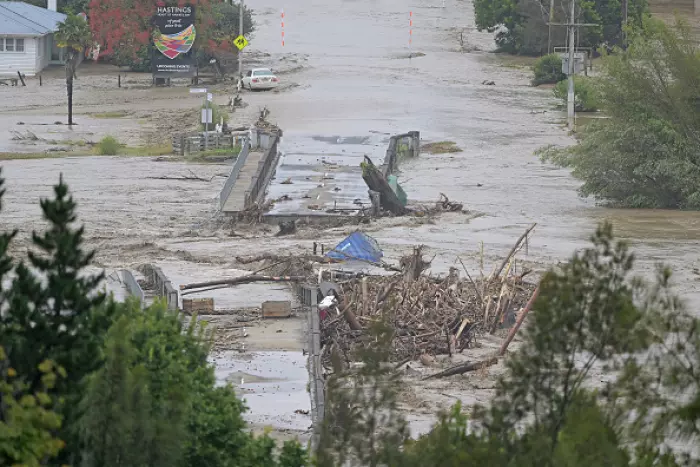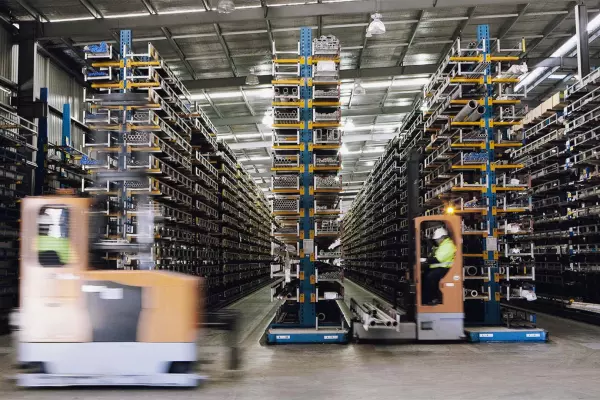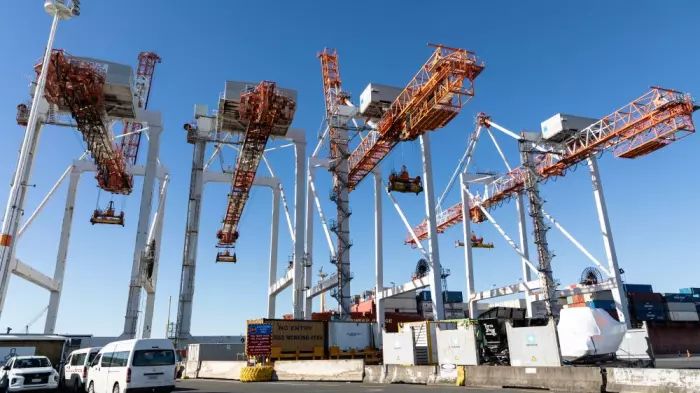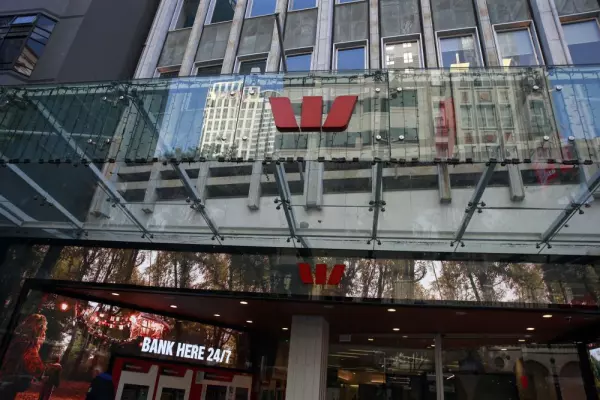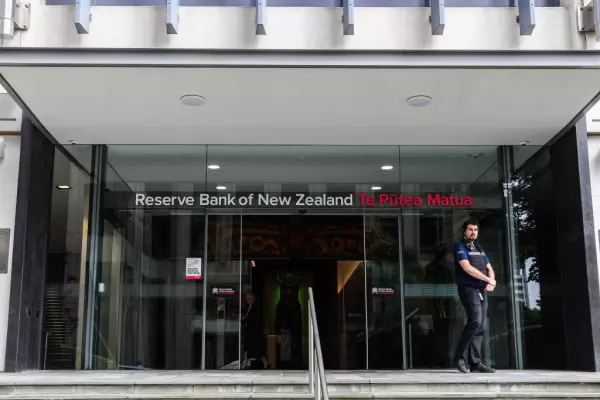Economists see a three-stage economic impact from Cyclone Gabrielle playing out over the coming days, weeks and years.
But putting numbers on its eventual cost to the country is premature and at least one is saying that the costs of infrastructure repair would be so great that political parties promising tax cuts would need to think again.
“Forget about tax cuts,” said Cameron Bagrie, managing director at independent consultancy Bagrie Economics.
The head of research for the Bank of New Zealand, Stephen Toplis, said it was “premature to put numbers on something when we still have incomplete information and limited understanding of the duration of any effects”.
“Short term, the impact is clearly GDP-negative,” he said. “There will then be some rebuild but for many, this will not happen, and ongoing disruption will act as a negative for activity for some time.
“The only real conclusion you can draw is that it will mess up balance sheets everywhere, especially local and central government who will be rebuilding assets, many of which will be uninsured. And, it will be inflationary, in the first instance, as it adds to supply disruptions.”
However, Infometrics principal economist Brad Olsen said early predictions of costs as high as $30 billion seemed "extreme" and his own early guess was an impact of between $1b and $3b although "I'm not even going to say that's unscientific".
It was too early to estimate with any clarity, although it was clear that if Auckland had been hit hard a second time, the cost would have been far higher.
He expected that with "so much disruption" already in the first three months of this year, it was likely to speed NZ's entry into a "technical recession" and that while inflation might not be pushed higher because of the cyclone impacts, it would be harder and take longer to bring it back down.
Phases of impact
Bagrie said the impacts would be seen in three phases.
The first stage was happening now, with an immediate hit to productive capacity and a likelihood that it would spur inflation through higher food prices. There will be a surge in demand for construction materials and activity for repair that would boost growth in some sectors and most likely worsen the emerging recession.
“This is ripping into the food bowl,” said Bagrie, referring to the disproportionate impact of Cyclone Gabrielle on the Northland, Gisborne and Hawke's Bay regions.
The next phase would be seen in the disruption to productive capacity, said Bagrie.
“We will be fixing things rather than doing things we’d have been doing instead.”
The third phase would be seen in the long-term cost of replacing and strengthening national infrastructure and would be the largest cost.
The risks to infrastructure from damage caused by extreme weather events, particularly to low-lying and flood-prone parts of NZ had been identified “for a long time” but there had been comparatively little policy response.
“Forget about tax cuts,” he said. “There’s no way. The good side of this is that it will force a much-needed rethink” of infrastructure policy and investment priorities.
Sense Partners economist Shamubeel Eaqub said that while he believed promised tax cuts would need to be reconsidered, NZ was still well-placed, compared with many other countries, to afford the billions of dollars of repairs and reconstruction ahead.
“Can we afford to borrow $10 billion? Yes, of course, we can,” said Eaqub. “We are still one of the least indebted countries in the OECD. We’re still highly ranked by international credit rating agencies. We have good access to capital markets so that won’t be the problem.
“The issue will be: what’s the money going to be used for? Patience will run out if we put stuff back in the same place.”
And unlike debt created during the response to covid-19, any new government borrowing would be at higher interest rates.
“The situation is now quite different in that it’s not practically free money anymore.”
Managed retreat
A working paper published this week by the Environmental Defence Society on policies required for “managed retreat” said “the cumulative impacts of climate change mean that major flooding, mudflow and coastal erosion events in Aotearoa New Zealand will increase in frequency and intensity.
“The country is particularly vulnerable due to most major cities, as well as numerous towns and other settlements, being built on floodplains or on the coast.
“Currently, a one-in-100-year flood could affect close to 20,000 square kilometres of land and over 675,000 people and 400,000 buildings.
“Also at risk are some 20 airports, including the Auckland and Christchurch international airports; major industrial developments … and major roads, railway lines and electricity transmission lines.
“With a changing climate, what are currently one-in-100-year events will become much more common.”
In a note this morning, ANZ Bank said that “significant disruption is likely to transport, logging, and food production, among other sectors, while over the medium term not just a rebuild and clean-up effort but also an urgent need to build more resilience into critical infrastructure will boost activity – and inevitably inflation”.
Christchurch was different
Eaqub said he was resistant to comparisons between the cyclone’s impact and the Christchurch earthquakes.
“Christchurch took a big toll on people, through loss of life, a whole central business district razed,” he said. “This is less concentrated and less visible, but the suffering on land, farms and people will still be really big.”
Eaqub also suggested that Auckland had “dodged a bullet” when the cyclone dumped comparatively little rain on the country’s largest city, which was inundated by unprecedented flooding in late January.
“If the rains had arrived in Auckland, it would have been devastating,” he said. “We dodged a bullet this time. What’s to say we will next time?”
Olsen said one of the big problems would be finding both the labour and materials to undertake the necessary, urgent repairs.
He predicted there would be a temporary redeployment of resources from existing infrastructure projects.
"Not just government, but more widely across the economy, there will be a significant discussions about resource allocation."


